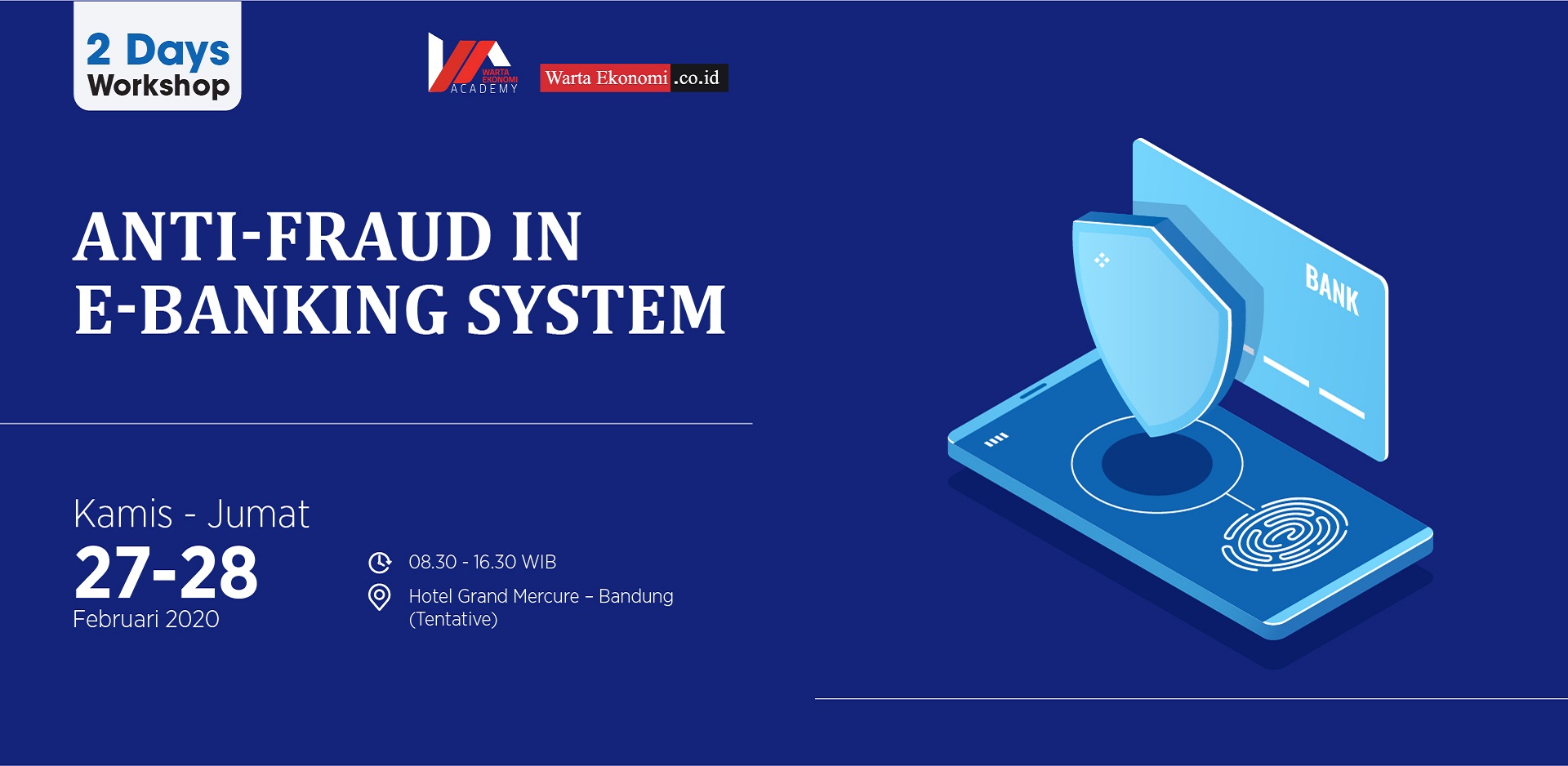
Handling Fraud in E-Banking System
OVERVIEW
The Central Bank of the Republic of Indonesia states that banking industry is built around the transaction purity. Owing the strategic role of banking institutions and the strong sensitivity of their information asset, the seriousness of IT security and the over-rising threats it face in today’s open world cannot be exaggerated. As more of banking operations and products & services become technology-driven and connected, consequently our reliance on these technology assets rises, and so does the need to protect and safeguard these resources to make sure smooth functioning of the banking industries.
Among the key threats of internet and digital banking is fraud. Not only done by internal employee, but also external perpetrators. The fraud abuse, information technology system failures, unstandardized and unregulated operation process would be future disaster if no proper identification and good governance to address. This course is designed to increase knowledge and skills to prevent as well as minimize risks of fraud. Participants will aware the kinds of fraud comprehensively in e-banking transaction and the best practices of reporting system. In short, this program will help participants in identifying and understanding assorted levels of fraud through cyber-crime and create a controlled mechanism in minimizing the risks of e-banking frauds.
BENEFITS
By the end of this workshop, participants will be able to :
- Understand the characteristic of e-channel fraud and how to handle
- Build a reliable fraud control system
- Know the kinds of cybercrime such as typo site, keystroke logger, sniffing, carding etc
- Aware the commitment, policies, tools, and organizational frauds
- Know how to prevent fraud
- Understand the fraud reporting system
- Comprehend the investigation of fraud
- Leverage the knowledge and implementation of operational risk management
WHO SHOULD ATTEND
Professional bankers particularly Directors, Operational Managers, IT/Policy/Governance/Security Officer, Legal/Compliance Officer, Fraud Officer, AML Specialist, Internal Auditor, Risk Management Officer, Credit/Debit Card Service Officer, ATM & EDC Technicians, etc.
COURSE OUTLINE
- Electronic Channels as Gateway to E-banking Frauds
- IT Security Awareness
- IT Security Risk Management
- One Time Passwords (OTP)
- Hardware Tokens
- Transaction Specific OTPs
- OTP by SMS
- Smart Cards and USB Tokens
- Electronic Banking Security
- Laws and Regulations for Electronic Transactions
- Understanding Cyber Crime Fraud
- Transaction Monitoring
- Operational Banking Failures: People Risk, process Risk, System and Technology Risk, External Party Risk and Natural Disaster Risk
- The Role of Central Bank (BI) and Center for Financial Transaction Reporting and Analysis (PPATK) to Prevent Frauds
- Handling Fraud: Litigation, Fund Flows Search, and Data Provision to the Police
